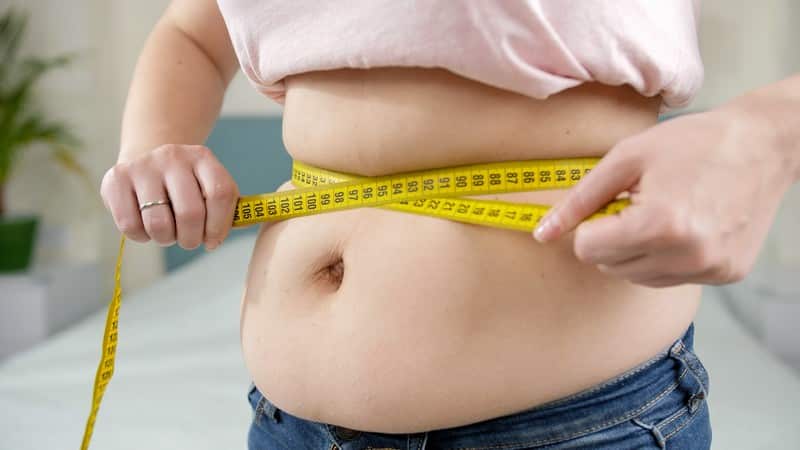Weight Gain

The changing estrogen levels around menopause cause women to gain weight or have difficulty losing weight. As estrogen regulates glucose and lipid metabolism, the significant drop in this hormone during perimenopause directly impacts women’s fat-burning ability. As a result of weight gain, menopausal women are more likely to develop obesity, cardiovascular disease, and diabetes. It is also a deficiency in estrogen, which causes the body to use blood sugar and starches inefficiently, resulting in increased storage of fat cells.
The good news is that estrogen replacement therapy can increase the resting metabolic rate in menopausal women. This treatment modality can help slow down weight gain. Unfortunately, it is also a deficiency in estrogen, which causes the body to use blood sugar and starches inefficiently, resulting in increased storage of fat cells.
Other effective techniques to manage weight gain due to an estrogen imbalance include eating healthy and staying active. For example, menopausal women are recommended to eat lots of fruits and vegetables instead of consuming processed foods. Increasing water intake and avoiding sugary drinks such as soda, juice, and alcohol will also help manage a healthy weight.










